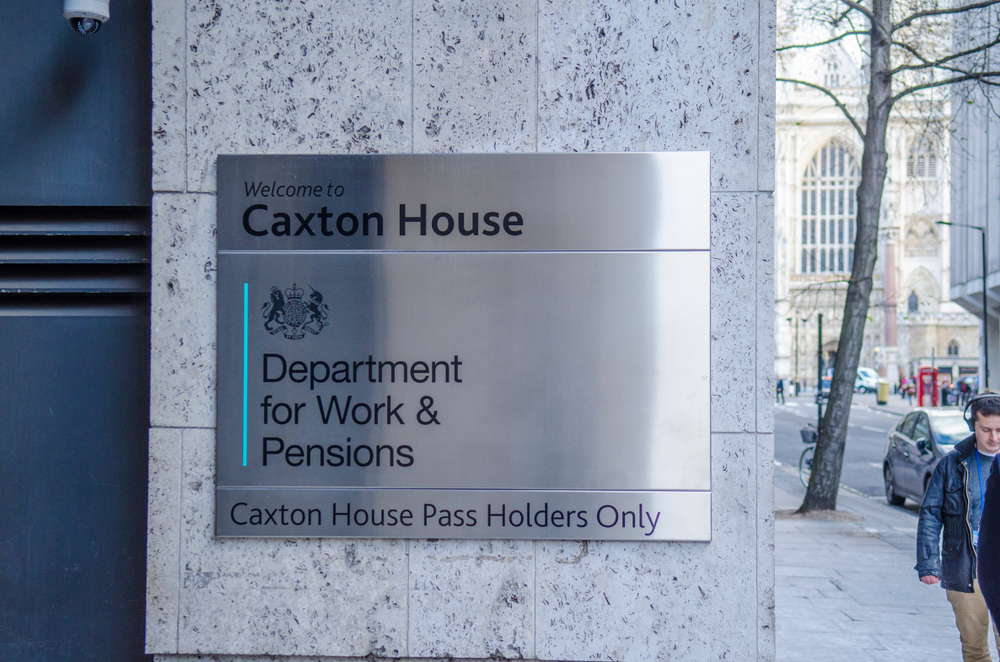Concerns over the long-term purchasing power and financial resilience of retirees have emerged, despite the latest figures from the Office for National Statistics showing a fall in Consumer Price Inflation to 2 per cent in the year to July 2021.
Whilst the latest ONS data revealed a decrease on the 2.5 per cent recorded in June 2021, industry experts warned that this fall could be temporary, noting that CPI has increased year-on-year, having been at 1 per cent in July 2020.
Aegon pensions director, Steven Cameron, for instance, warned that whilst this month’s fall "may look like a welcome reprieve, it may be a temporary blip ahead of further rises later in the year towards the Bank of England’s 4 per cent prediction".
He stated: "The return of higher and rising inflation is starting to prey on people’s minds, and will be of increasing concern if this is sustained for longer periods. Aegon’s research shows 70 per cent of adults are concerned about the impact of high inflation on them personally."
Adding to this, Hargreaves Lansdown (HL) warned that whilst wage rises could mitigate the impact of inflation for workers, retirees on level incomes or those whose retirement savings are in cash face erosion of their long-term purchasing power.
HL senior pensions and retirement analyst, Helen Morrissey, commented: “While the rate of inflation is widely predicted to peak then fall, it’s a stark reminder that its relentless creep upwards will take a real chunk out of the spending power of retirement income over time.
“Typically, workers can combat this with wage increases, but retirees risk a long-term erosion of their financial resilience if their planning neglects the inevitable reality of price rises."
Indeed, HL analysis showed that a £250,000 pension pot today would only be worth the equivalent of £167,000 twenty years later if inflation was at 2 per cent, while an increase to 3 per cent would erode the purchasing power to approximately £136,000 over the same time period.
It also showed that the purchasing power of £100,000 would fall to approx. £67,000 and £55,000 respectively.
“Retirement can last twenty years or more, care needs to be taken that what is affordable early in retirement does not become unaffordable later,” Morrissey stated.
“The best package for a sustainable retirement hardwires in a growing income, whether through inflation linked pensions or annuities, state pensions or investment portfolios, or a combination, with a healthy chunk of cash for emergencies on the side.”
These concerns were echoed by Cameron, who stated: "High inflation, even over the medium-term, can have a big impact on people’s purchasing power and with interest rates on cash savings barely scraping above zero, money left in savings accounts is effectively losing value in real terms.
“While inflation can’t be completely avoided, developing a financial plan which transfers some savings from cash into investments, for example through a stocks and shares ISA, is more likely to provide real or above inflation growth. We recommend people seek financial advice.”
Latest News
-
OBR analysis reveals potential impact of salary sacrifice changes
-
Strong funding levels continue as endgame landscape reshaped by innovation
-
Harwich Haven Authority Pension Fund finalises £45m buy-in with Royal London
-
GAD publishes LGPS gender pension gap reporting guidance
-
DB scheme funding levels continue to improve heading into 2026
-
News in brief - 6 February 2026
Private markets – a growing presence within UK DC
Laura Blows discusses the role of private market investment within DC schemes with Aviva Director of Investments, Maiyuresh Rajah
The DB pension landscape
Pensions Age speaks to BlackRock managing director and head of its DB relationship management team, Andrew Reid, about the DB pensions landscape
Podcast: From pension pot to flexible income for life

Podcast: Who matters most in pensions?

In the latest Pensions Age podcast, Francesca Fabrizi speaks to Capita Pension Solutions global practice leader & chief revenue officer, Stuart Heatley, about who matters most in pensions and how to best meet their needs
© 2019 Perspective Publishing Privacy & Cookies










Recent Stories